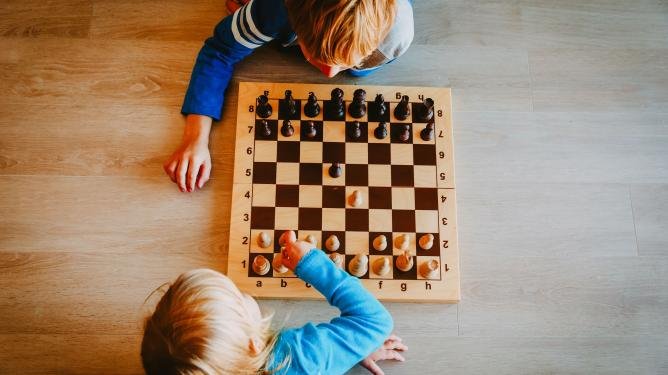A recent article in The New York Times revealed how chess has become the favorite sport of NFL athletes, where players garner locker-room respect for their “tactical minds, accumulated knowledge and competitive zeal — on the chess board.”
The piece highlights how prevalent chess culture is among top athletes. The game not only offers them a chance for deep contemplation and respite away from the field, but it helps them improve their game too.
In the article, Amari Cooper, the Cleveland Browns wide receiver, states that: “In chess, if you make one bad move, you can lose the entire game. And in football, if you’re playing really well, one bad play can cost you…Chess teaches me to be intentional about every snap, about everything.”
The Cardinals great, Larry Fitzgerald, was encouraged by a teacher to take up chess when he was a distractible seven-year-old, saying it marked an early-life turning point. “The N.F.L. has got a lot of highly intelligent guys that are critical thinkers. My dad always taught me, it’s one thing to beat a man physically, but when you can outwit them with intellect, that’s something completely different.”
In an interview with Fox News, Mark Kurtzman, a United States Chess Federation (UCF) life master, said that the game of chess helps children enormously–with their ability to problem-solve, to be patient, to be creative and to be aware of the consequences of their actions.
Chess does more than improve math skills. It is a game that sharpens strategic and critical thinking with every move that is made. It is a game that cultivates deep focus and concentration. It is a prime example of an interdisciplinary activity.
At Waterfront Montessori, we offer chess as part of our incredible range of enriching AfterSchool classes, run by Premier Chess Manhattan.

